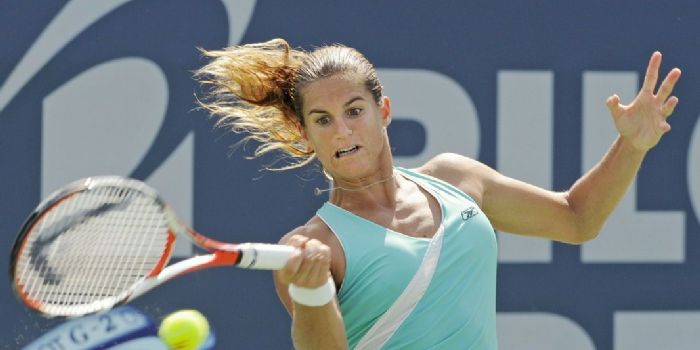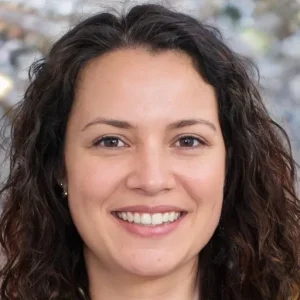Amélie Mauresmo didn’t just arrive on the tennis scene – she stormed it. When she first broke through in the late ’90s, young and fierce with her trademark one-handed backhand, few could ignore the sense that something new was happening in women’s tennis. Born July 5, 1979, in Saint-Germain-en-Laye, France, Mauresmo combined a powerful, creative game with an unapologetic individuality. Over her career, she captured two Grand Slam singles titles in 2006 – lifting the trophies at both the Australian Open and Wimbledon – and briefly claimed the world No. 1 ranking, the first Frenchwoman to do so in the Open Era.
But statistics barely scratch the surface of Mauresmo’s influence. Her style – a bold mix of aggressive net approaches and all-court coverage – stood out in an era increasingly defined by baseline power. People came to know her for more than her game: in 1999, at just 19, she became one of the first professional tennis players to come out as gay, a brave choice made in an atmosphere where few athletes dared. Her decision sent ripples throughout the sport, making her both a target and a pioneer for LGBTQ+ representation.
From Player to Coach
When Mauresmo hung up her racquet in 2009, she didn’t retreat from tennis. Instead, she forged a new path on the sidelines, and true to form, she didn’t choose the simple route. In 2014, Andy Murray hired Mauresmo as his coach – a move that turned heads not just because of her résumé but because a leading male player was placing his trust in a female coach, still a rare thing in tennis. Their partnership paid off with a series of career firsts for Murray, including his initial clay-court titles and an improved ability to manage pressure in the biggest matches.
But Mauresmo’s coaching career didn’t end there. She went on to guide the French Davis Cup team, helped Lucas Pouille reach his first Grand Slam semifinal, and eventually took on the role of French Open tournament director – making her the first woman to hold that position in the tournament’s history. She has also lent her insights as a commentator, her thoughtful analysis drawing from decades immersed in the sport.
Her coaching reflects the same subtlety and mental acumen she brought to her playing days. “Tennis is as much mental as physical,” Mauresmo told L’Équipe, echoing a philosophy she’s lived by. “The technical aspects matter, but understanding the psychological dimensions of competition – that’s where matches are often won or lost.”
Off the court, Mauresmo remains protective of her private life. After years under the scrutiny that came with her early fame and public coming out, she chooses to keep family out of the spotlight. When she became a mother – her son, Aaron, was born in 2015; her daughter, Ayla, in 2017 – it shifted something fundamental. “Being a mother has given me new perspective,” she reflected in Tennis Magazine. “The focus and discipline I learned in tennis helps me parent, but my children remind me there’s a whole world beyond the baseline.”
Past Relationships

Marie de Villepin

Sylvie Bourdon
Now in her mid-40s, Mauresmo continues to shape tennis – not only by what she’s done, but how she’s done it. Her story resonates with anyone who has felt out of step with convention or compelled to take the tougher road. Excellence, authenticity, and an unassuming strength have defined her, both as an athlete and as a leader. For the generation that watched her play and the ones that have come after, Amélie Mauresmo is more than a champion – she’s a proof that integrity and courage can leave a mark long after the last match point is played.


